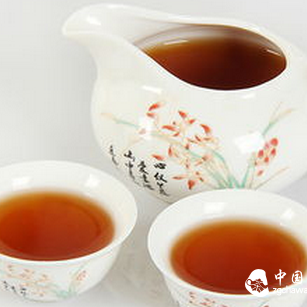
How to Correctly Understand the Bitterness, Astringency, Sweetness, and Sweet Aftertaste of Tea
The article explains the complex interplay of flavors in tea, primarily bitterness, astringency, and the subsequent sweet aftertaste and salivation. It details the key chemical components responsible for these tastes: amino acids (for freshness , caffeine (for bitterness , and catechins/tea tannins...
Tea News · Jan 29, 2026

Why Do We Say It's So "Bitter"?
The article explores why tea tastes bitter, especially to children who naturally prefer sweetness. The bitterness primarily comes from bitter-tasting compounds in tea leaves, such as alkaloids including caffeine, theobromine, theophylline, and others. These substances, particularly caffeine which co...
Tea News · Jan 23, 2026
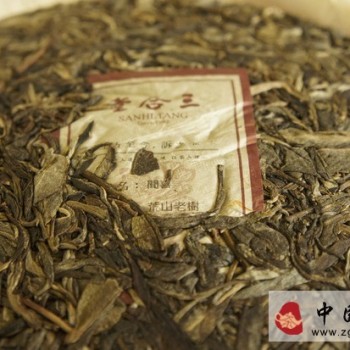
Is the Bitterness and Astringency of Pu-erh Tea Considered 'Powerful'?
This article clarifies a common misconception about Pu-erh tea, explaining that its quality is not defined by bitterness, astringency, or a 'powerful' profile alone. It highlights how Yunnan's diverse climate creates unique 'mountain flavors' across different tea regions. The piece distinguishes bet...
Tea News · Dec 03, 2025
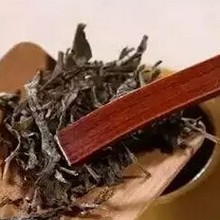
The Beauty of Aged Pu'er Tea Needs to Be Savored Slowly
The unique climate of Yunnan, where the weather varies within short distances, gives Pu'er tea its distinctive 'one mountain, one flavor' and 'ten mountains, ten flavors' characteristics. Different regions produce teas with entirely unique shapes, colors, aromas, and qualities. Not all good teas are...
Tea News · Jul 10, 2025
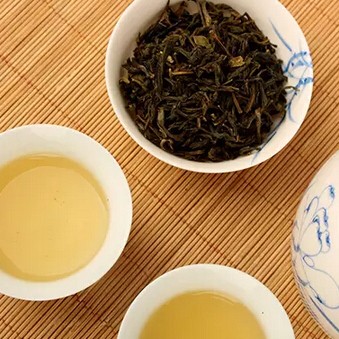
Discriminate with Care, Don't Wrongly Blame the Bitterness of Tea!
Many people judge tea based on a single sip, hastily concluding that bitterness means poor quality. However, tea experts understand that bitterness is an inherent characteristic of tea, not a sole indicator of its value. The bitterness and astringency in tea come from compounds like caffeine, theafl...
Tea News · Jul 05, 2025
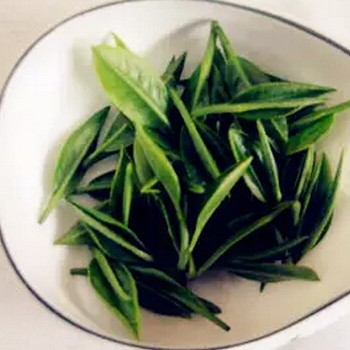
Bitter Ends, Sweet Beginnings: A Good Tea, A Better Life
The article explores the profound connection between tea and life, drawing parallels between the bitterness of tea and the challenges of existence. It highlights how tea leaves, unlike most plants, hold their fragrance within rather than in their flowers, symbolizing inner strength and resilience. T...
Tea News · Jun 25, 2025

Where Do the Various Aromas in Tea Come From?
Tea naturally carries a bitter taste, but if the bitterness lingers and doesn't dissipate quickly, it may indicate an issue with the tea's quality. Factors like tender leaves, insufficient sun-drying, improper fermentation, or summer-harvested tea can contribute to excessive bitterness. Other common...
Tea News · Jun 08, 2025
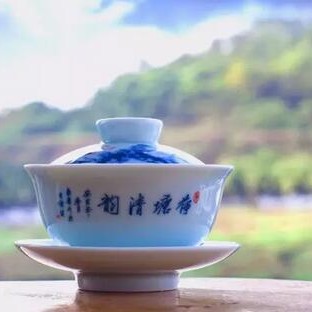
Tea is bitter, why do Chinese people still love to drink it?
For thousands of years, the Chinese have lived closely with tea, enduring its bitterness through countless seasons. Tea's bitterness is intrinsic, historically referred to as 'bitter tea.' This raises the question: why do Chinese people still cherish tea despite its bitter taste? The answer lies in...
Tea News · Jun 01, 2025
1